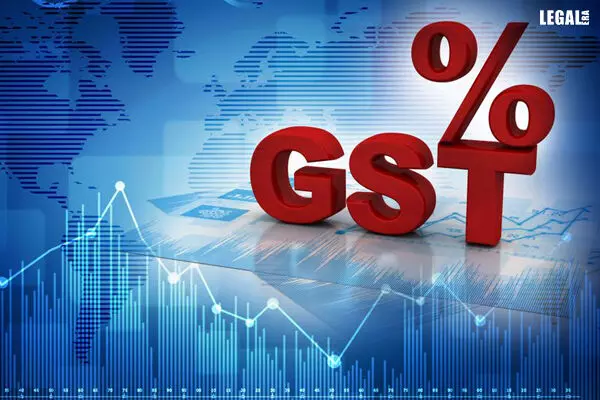- Home
- News
- Articles+
- Aerospace
- AI
- Agriculture
- Alternate Dispute Resolution
- Arbitration & Mediation
- Banking and Finance
- Bankruptcy
- Book Review
- Bribery & Corruption
- Commercial Litigation
- Competition Law
- Conference Reports
- Consumer Products
- Contract
- Corporate Governance
- Corporate Law
- Covid-19
- Cryptocurrency
- Cybersecurity
- Data Protection
- Defence
- Digital Economy
- E-commerce
- Employment Law
- Energy and Natural Resources
- Entertainment and Sports Law
- Environmental Law
- ESG
- FDI
- Food and Beverage
- Gaming
- Health Care
- IBC Diaries
- In Focus
- Inclusion & Diversity
- Insurance Law
- Intellectual Property
- International Law
- IP & Tech Era
- Know the Law
- Labour Laws
- Law & Policy and Regulation
- Litigation
- Litigation Funding
- Manufacturing
- Mergers & Acquisitions
- NFTs
- Privacy
- Private Equity
- Project Finance
- Real Estate
- Risk and Compliance
- Student Corner
- Take On Board
- Tax
- Technology Media and Telecom
- Tributes
- Viewpoint
- Zoom In
- Law Firms
- In-House
- Rankings
- E-Magazine
- Legal Era TV
- Events
- News
- Articles
- Aerospace
- AI
- Agriculture
- Alternate Dispute Resolution
- Arbitration & Mediation
- Banking and Finance
- Bankruptcy
- Book Review
- Bribery & Corruption
- Commercial Litigation
- Competition Law
- Conference Reports
- Consumer Products
- Contract
- Corporate Governance
- Corporate Law
- Covid-19
- Cryptocurrency
- Cybersecurity
- Data Protection
- Defence
- Digital Economy
- E-commerce
- Employment Law
- Energy and Natural Resources
- Entertainment and Sports Law
- Environmental Law
- ESG
- FDI
- Food and Beverage
- Gaming
- Health Care
- IBC Diaries
- In Focus
- Inclusion & Diversity
- Insurance Law
- Intellectual Property
- International Law
- IP & Tech Era
- Know the Law
- Labour Laws
- Law & Policy and Regulation
- Litigation
- Litigation Funding
- Manufacturing
- Mergers & Acquisitions
- NFTs
- Privacy
- Private Equity
- Project Finance
- Real Estate
- Risk and Compliance
- Student Corner
- Take On Board
- Tax
- Technology Media and Telecom
- Tributes
- Viewpoint
- Zoom In
- Law Firms
- In-House
- Rankings
- E-Magazine
- Legal Era TV
- Events
CESTAT rules on stock exchange fee
The appellant had been receiving taxable services from outside India
The Ahmedabad Bench of the Customs, Excise and Service Tax Appellate Tribunal (CESTAT) has held that the stock exchange fee paid for availing the stock exchange service would be subject to service tax under Reverse Charge Mechanism (RCM) in terms of the Service Tax Rules, 1994.
The appellant company is engaged in the manufacturing of bulk drugs falling under the Central Excise Tariff Act, 1985. It is registered with the department for the payment of service tax under the categories including Goods Transport Agency (GTA), Business Auxiliary Services (BAS) and Online Data Information Service (ODIS).
At the time of the audit, the officers observed that the appellant was receiving taxable services from outside India, including stock exchange services. It incurred the expenditure in foreign currency. Thus, the revenue department initiated proceedings against the company to demand and recover the service tax not paid under RCM for the years 2006-2007 and 2008-2009.
The proceedings against the appellant culminated in the impugned order. Since it confirmed the service tax liability of Rs.45,42,521, a penalty was imposed under the Finance Act, 1944. But the appellant challenged the order before the tribunal.
The bench comprising Judicial Member Ramesh Nair and Technical Member P Anjani Kumar observed that the appellant produced no documentary evidence. He was unable to prove that the stock exchange fee was a statutory levy.
The tribunal ruled, "It appears that the stock exchange has charged a fee from the appellant against the service. Therefore, the stock exchange (Singapore) provided the service to the appellant. This clearly falls under the taxable service and the appellant is liable to pay tax under RCM."



